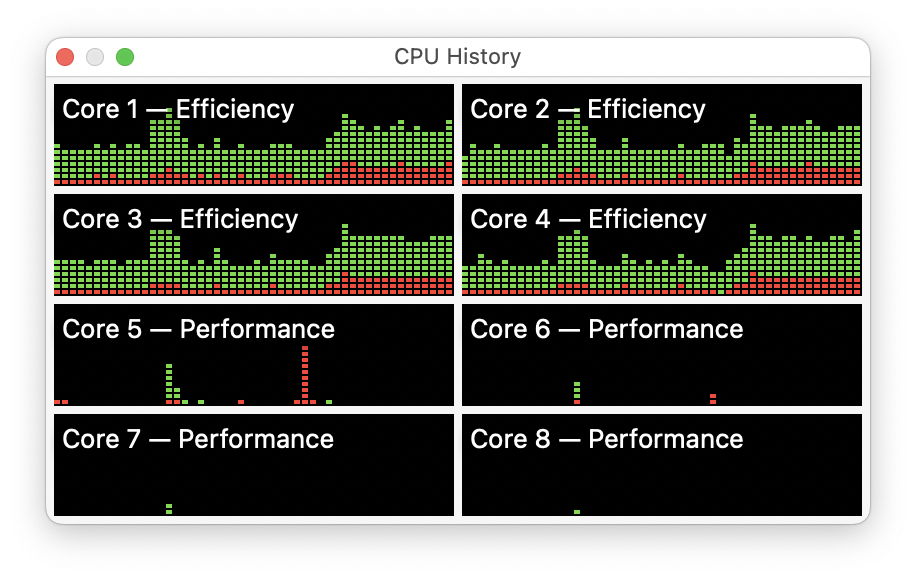
Computing the number of digits of an integer quickly
Suppose I give you an integer. How many decimal digits would you need to write it out? The number ‘100’ takes 3 digits whereas the number ’99’ requires only two.
You are effectively trying to compute the integer logarithm in base 10 of the number. I say ‘integer logarithm’ because you need to round up to the nearest integer.
Computers represent numbers in binary form, so it is easy to count the logarithm in base two. In C using GCC or clang, you can do so as follows using a counting leading zeroes function:
How do you convert the logarithm in base 2 into the logarithm in base 10? From elementary mathematics, we have that log10 (x) = log2(x) / log2(10). So all you need is to divide by log10(x)… or get close enough. You do not want to actually divide, especially not by a floating-point value, so you want mutiply and shift instead. Multiplying and shifting is a standard technique to emulate the division.
You can get pretty close to a division by log2(10) if you multiply by 1200000000 and then divide by 4294967296 (2 to the power of 32). The division by a power of two is just a shift.
















